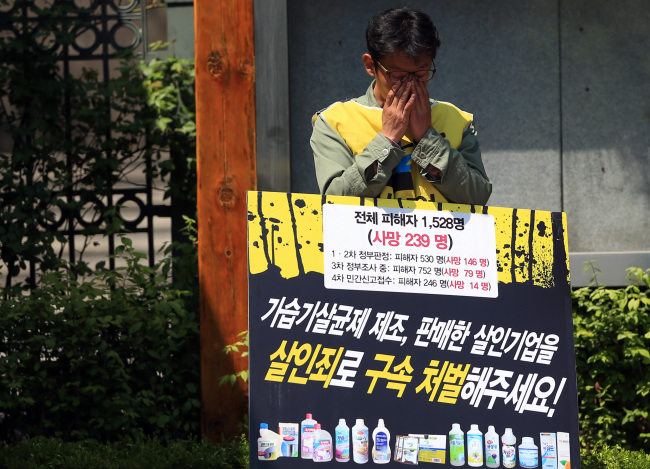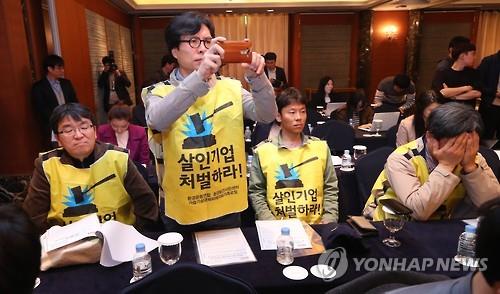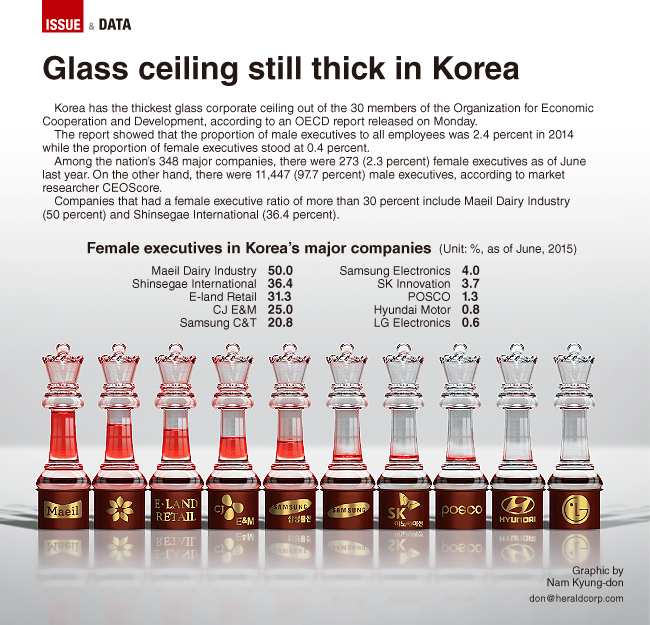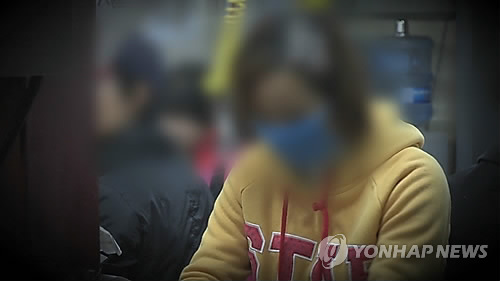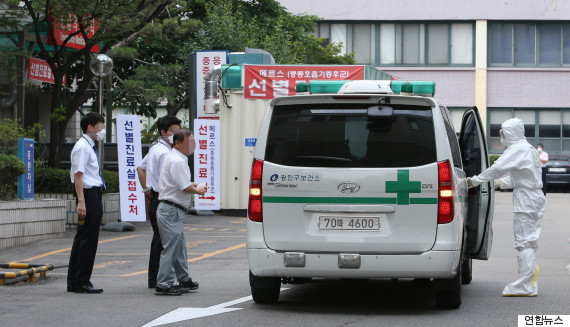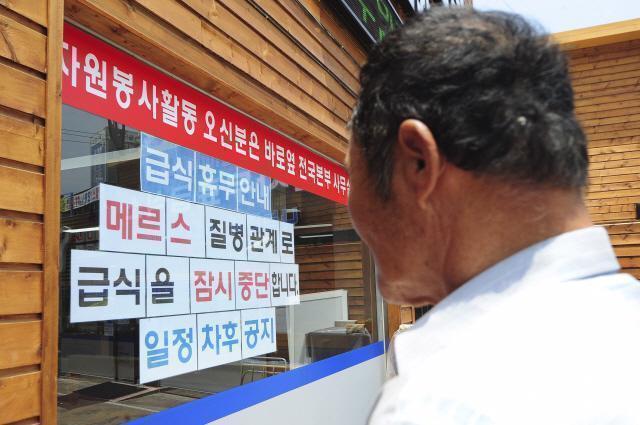In S. Korea, more people are living alone, and growth is particularly fast among elderly people
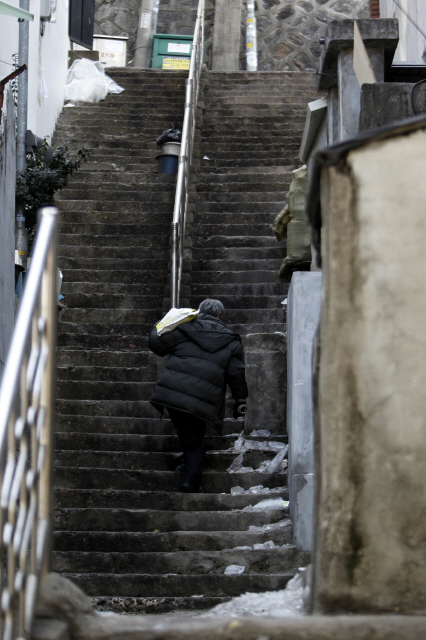 |
|
An elderly man carries winter relief supplies he received from the Korea Red Cross up a staircase in Seoul’s Yongsan district.
|
The number of single-person households composed of people 65 years or older has multiplied 13 times over the past 25 years, a government report says.According to a recent report titled “Changes in Marriage and Childbirth Behavior Resulting from Family Changes and Policy Recommendations,” the number of elderly single-person households increased by 1,320% between 1985 and 2010. The report was written by a group of researchers headed up by Lee Sam-sik from the Korea Institute for Health and Social Affairs (KIHASA).This growth occurred much more quickly than non-elderly single-person households, which increased by 470%. Elderly households have also come to represent a larger proportion of all single-person households, increasing from 17.4% in 1985 to 32.9% in 2010.The number and percentage of elderly people who were left alone after a divorce or bereavement and are living apart from their children in the city is increasing rapidly, the report found.The researchers based their analysis on the raw data (a 1% sample) from a population and housing survey by Statistics Korea.There was a particularly sharp increase in single-person households consisting of elderly women, which jumped from 24.2% of all single-person households in 1985 to 46.8%. Single-person households consisting of elderly men increased from 5.3% to 14.6%.As of 2010, 31.8% of elderly men living alone had a job, compared to 23.4% of elderly women living alone. The implication is that the rest of these households were depending on their savings, pension or support from their children.“Attention should be paid to the fact that, even among single-person households, the elderly need not only economic support but also assistance with health care,” the report said.There was also a huge jump in single-person households in other age groups between 1985 and 2010, with the number of unmarried men in their 30s and 40s living by themselves increasing by factors of 19.4 and 62.3, respectively. Unmarried women in their 30s and 40s living by themselves increased by a factor of 11.7 and 20.6, respectively. This is presumed to be a consequence of the tendency for South Koreans to marry later in life.Among single-person households consisting of divorcees, the fastest rate of growth outside of the elderly age group was seen in men in their 40s, with their number growing by a factor of 24.5.The number of single-person households in South Korea has been steadily increasing, from 660,000 in 1985 to 4.14 million in 2010. By last year, the number had increased to 5.06 million, according to an estimate by Statistics Korea.By Hwangbo Yon, staff reporterPlease direct questions or comments to [english@hani.co.kr]

